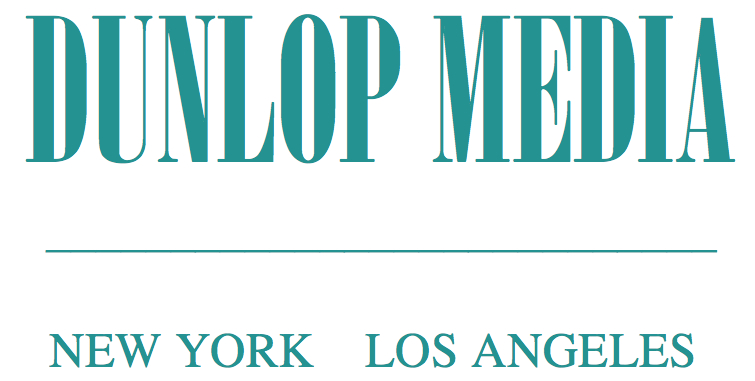Media commentary by Steve Dunlop
In today’s online environment, it’s been said that everyone is a journalist. If that’s really true, then everyone ought to read this.
It’s the Code of Ethics for the Society of Professional Journalists, an organization I’ve been a proud member of for many years. It has just been updated to bring it more in line with the ethical challenges of the digital age. It should be required reading for anyone with a Twitter account, a blog, a Web site or a smartphone.
I was reminded once again of our desperate need for guideposts when unidentified hackers worked their way into the online accounts of a number of celebrities. They located private nude photos of Jennifer Lawrence, among others, pirated them, and posted them online for the world to see.
Celebrity journalist Perez Hilton quickly re-posted them to his site - then scrambled to take them down when it dawned on him the awful line he had just crossed.
“I didn’t even stop to think about my actions,” Hilton said in a remorseful online video that reminds me of the old adage that you should never make big decisions when you’re distracted. “I was on vacation with my son and my mom in Vegas, trying to have a good time, and I’m like, oh my god, this huge story is happening, let me get this out there, let me do this as soon as possible. And I made the wrong decision.”
Wrong indeed. That should be obvious to any second grader. (Why aren't we learning this at home anymore? Maybe that's another column.)
Granted, on one level, this is nothing new. Major journalists have always had the power to make or break reputations, careers, and lives. And a big part of reporting is to get new information first. The competition to be first with news is what drives real journalists, and when they succeed, it pays the bills.
Look at this newsstand photo I snapped on August 29, the morning the story broke about the hospitalization of Joan Rivers. The empty slot on the upper left was for the New York Daily News. It was alone in putting the story on the cover. Predictably, the paper sold out.
But there’s an important distinction in the Rivers story. In the drive to get it first, the Daily News also got it right. And just as important, it did right, by both its readers and by its subject. It crossed no ethical lines in its reporting, because although the Joan Rivers story is a private tragedy for her family, it is also a very public tragedy for her many fans, and it has raised legitimate questions about her medical treatment.
Could there be any similar justification for what was done to Jennifer Lawrence?
“Ethical journalists treat sources, subjects, colleagues and members of the public as human beings deserving of respect,” says the SPJ Code. “Avoid pandering to lurid curiosity - even if others do.”
And while the Code notes that “private people have a greater right to control information about themselves than public figures and others who seek power, influence or attention,” it does so under the exhortation - in bold face font - to minimize harm. "Pursuit of the news is not a license for arrogance or undue intrusiveness," the Code says.
SPJ’s Ethics Code is voluntary. And it’s no substitute for a well informed conscience. But in today’s nonstop communications world, where too many consider the Golden Rule quaint, and where, as my colleague Charles Feldman has often pointed out, we literally have “no time to think,” the Code of Ethics is worth bookmarking on your browser. That’s true whether or not you consider yourself a journalist.


